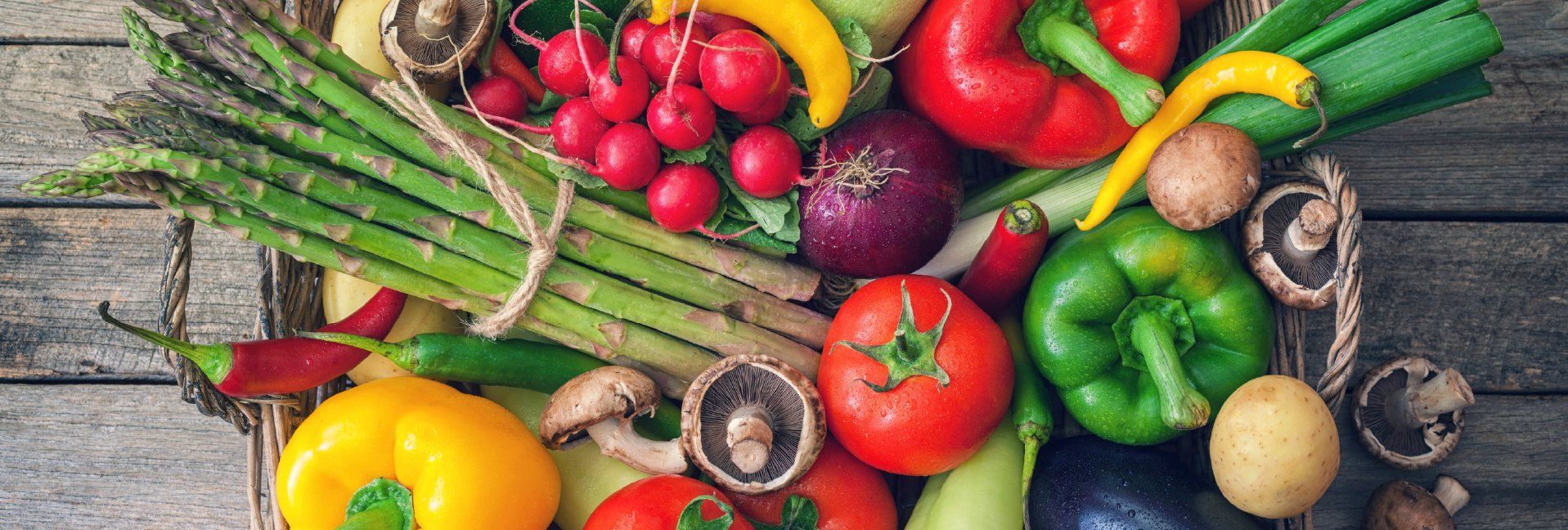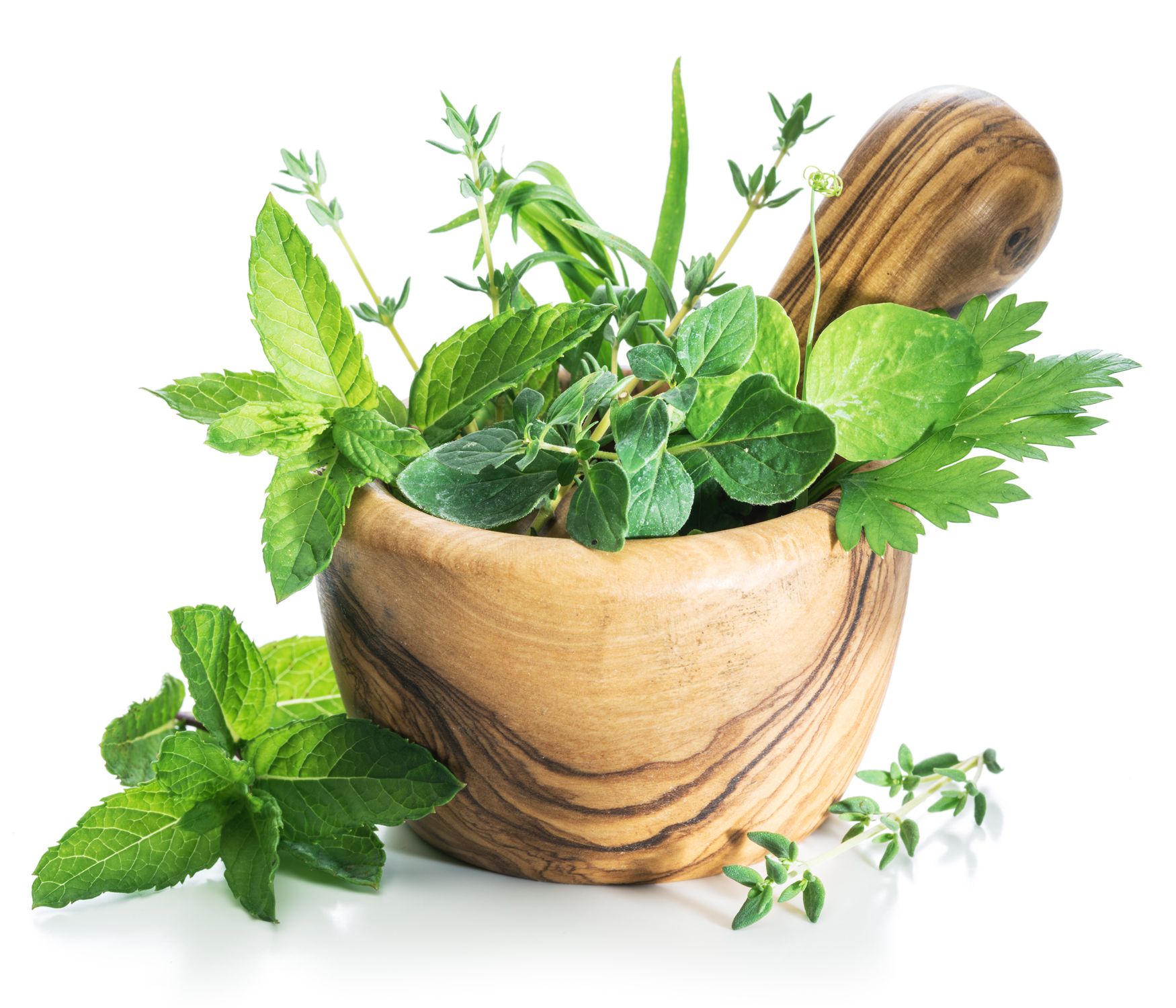Natural farming, gardening continues upswing


Chances are you’ve run across the term “organic” in the past decade. After its introduction in the early 2000s, the term “organic” began to take on a life of its own—an almost living being created from nowhere. What is “organic”? Can anyone grow “organic” food?
In 2018 alone, almost six percent of foodstuffs sold in the U.S. were organic. With an average industry growth of 7 percent from 2009 to 2018, Millennials continue to drive demand for the already $50 billion industry.
Whether you're looking to break into the industry, or looking to grow organic produce in your backyard, chances are you might be puzzled about what the term "organic" really means.
Often, consumers believe that the produce available at their local farmers markets is organic. That isn't always the case. In fact, there may be local growers who even use chemical herbicides or synthetic fertilizers to grow the food you buy.
What’s ‘organic’ anyway?
What exactly does the term organic mean? The United States Department of Agriculture has some explicit wording for this as it applies to food labeling and growing methods:
“Organic is a labeling term for food or other agricultural products that have been produced using cultural, biological, and mechanical practices that support the cycling of on-farm resources, promote ecological balance, and conserve biodiversity in accordance with the USDA organic regulations.
“This means that organic operations must maintain or enhance soil and water quality, while also conserving wetlands, woodlands, and wildlife.”
The USDA also says that “organic” means there are no chemicals, no genetic modification, or any unnatural methods used to produce the product.
Becoming a certified grower is not easy. Every USDA-certified organic farm undergoes a rigorous, multi-year process to attain certification. And, they must meet the strict standards constantly in order to maintain their certification.
Organic at home
What does all this mean for your backyard garden? For your potted herbs? For your prize winning rose bush? Fundamentally, going organic at home is as simple as choosing to grow without using chemicals—no synthetic fertilizers, no synthetic weed killers, no synthetic insect killers.
And don't worry! There are still plenty of natural, organic ways you can manage weeds, insects, and other possible irritants.
To help with weeding, consider using mulch between rows and use landscape fabric around larger plants. To manage insects, use products like neem oil or other homemade mixes. The possibilities are endless.
Companies like High Island Organics use materials commonly available, like organic chicken manure and biochar—a charcoal-like leftover from controlled combustion of biomass wastes—to turn “want not” items into “waste not” organic fertilizer for farm and garden.
Growing organically also helps your garden's soil. You can use composted leaves and other composted organic matter to increase your garden's organic matter content. The higher the soil organic matter is, the healthier the soil will be.
Organic products near you
How do you find organic certified products? In today's garden centers, you can often find a nice selection of products that meet the USDA's organic certification. Just look for the Organic Materials Review Institute (OMRI) logo. OMRI is the organization tasked with certifying gardening products to meet USDA standards. When you see their logo, you can be sure that those products are 100% organic.
Tags:Garden & Landscape

Acreage Life is part of the Catalyst Communications Network publication family.















